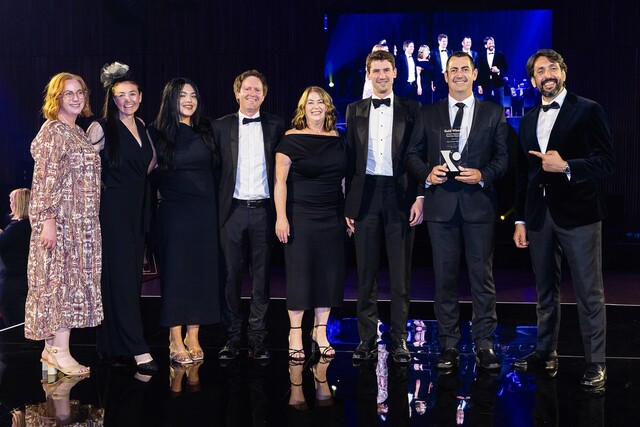The Local Government Association of Queensland (LGAQ) recently staged its Centenary Annual Conference. Hosted by Brisbane City Council, the theme for this Conference was ŒBuilding on the Past to Achieve a Better Future’.
Cr Jim Pennell, President LGAQ, told delegates that at this historic juncture it is important for Local Government to address the roles and responsibilities, as well as the future direction, of its peak body – the Local Government Association of Queensland.
“Being stuck in one place for too long, is not a recipe for long term survival,” he said. “Today there is a need to be able to change very quickly to adapt to new circumstances.
“Flexibility means not being all things to all Councils, but different things to different Local Governments – the needs of Brisbane and Boulia Councils are very different!”
Cr Pennell said that with the sheer size of the reform agenda, it is particularly difficult for smaller Councils. LGAQ is helping to fill the gap but it needs resources to do this. He added that the question must be asked, not merely what Local Government wants from its peak body but what it is prepared to pay?
Keynote Speaker at the Conference was the former Prime Minister of New Zealand, David Lange. Speaking on ŒThe Role and Place of Peak Bodies in Modern Society’, he said that in the next 100 years we do not know where constitutional reform will take us.
“What we do know is that Local Government will survive,” he said. “There will always be agencies providing for local communities.” Warning of the danger of becoming a society that Œknows the cost of everything but the value of nothing’, he questioned whether the free market is always the most efficient for providing services.
“In searching for greater efficiency, Local Government will be reviewed, restructured and redesigned,” David Lange said. “In this, do not surrender your responsibility to your electors. It is not what the bureaucrats in Canberra want, but what people in Queensland want.”
On the future of peak bodies, he said that we do the best things when surrounded by people who support us.
“Grow your Association as a point of resource and giver of strength,” he said. “Do not let yourself be picked off. “One hundred years on, in choosing between Central or Local, Local will win hands down every time because this is where people are and where the future of our families and communities lie.”
Andrew Foster from the Audit Commission for Local Authorities and National Health Services in England and Wales, spoke on performance indicators in use in the UK.
Councils are required to collect data and send this to the Commission. They must publish their results locally and the Commission also publishes annual comparative results. He said that differences between Councils does mean that apples are not always compared with apples, but over the years Councils and their communities can see if they are comparatively performing better or worse.
For a Council, one or too areas of poor performance can undermine the good work in all other areas. However, most Councils performing below average levels have generally improved in subsequent years. However, he pointed to the fact that a number of Councils are happy to stay in the middle range, posing the question, is being average merely a recipe for mediocrity?
















